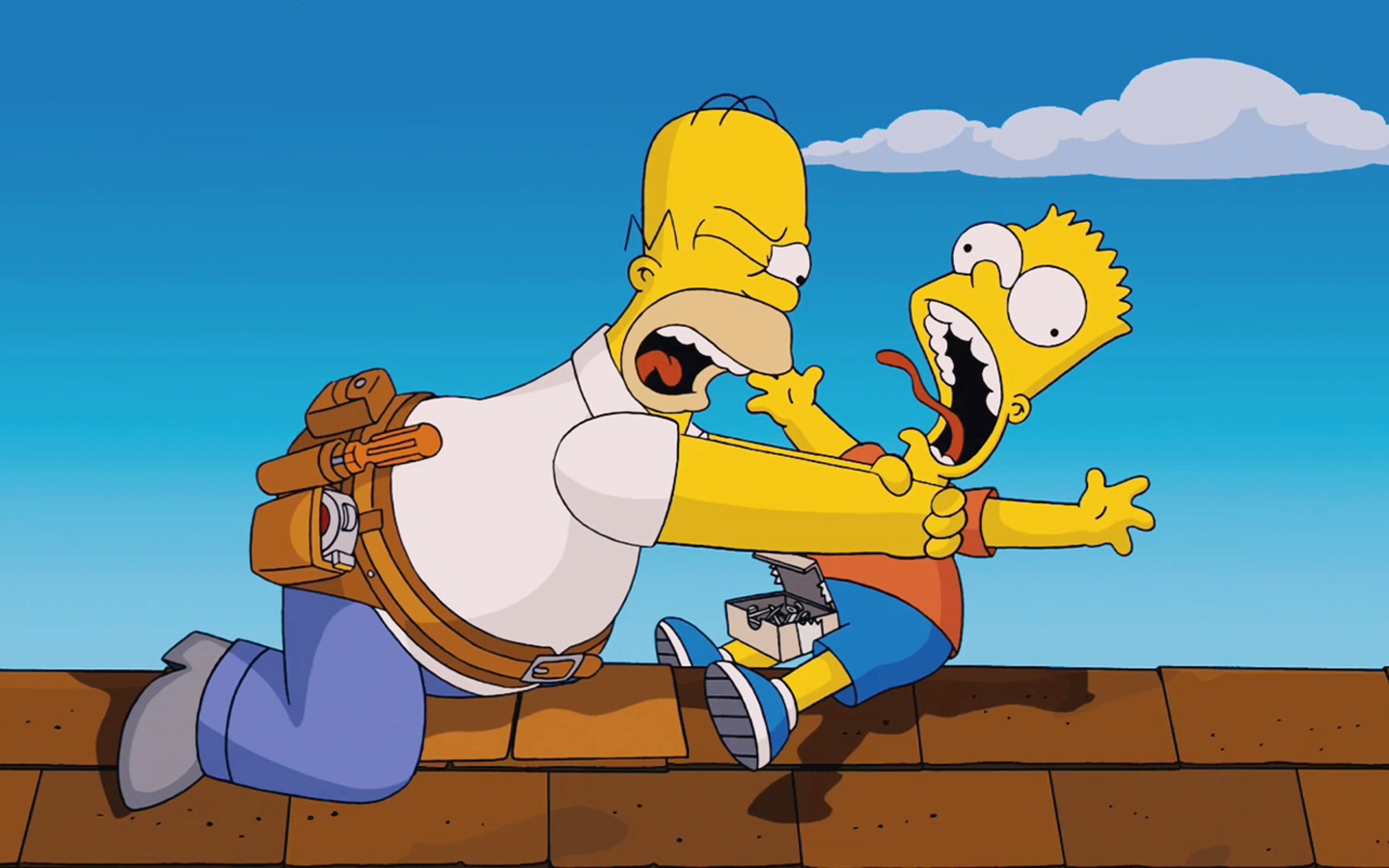CYA. Never more important than with emergent surgeries, where things can go bad by default.
- So doctor, why didn't you get coagulation studies before the surgery?
- The patient said he'd never had a coagulation problem and was not taking blood thinners. It was not indicated.
- What is warfarin, doctor?
- The blood thinner the patient was taking and forgot to tell me about.
- Was he in pain at the time of your interview?
- Yes.
- Do you think he was stressed by the idea of having emergent surgery?
- Probably.
- Then why do you expect him to not make mistakes? Isn't it reasonable to double check, given the risks of error? Isn't it the standard of care to trust what the patient says, but also verify?
- Err...
The hospital will not reward you for foregoing unnecessary testing, but the malpractice lawyers and juries will make you pay. It's not worth using common sense and skipping tests; you might find you have the one patient in 10,000 who is the exception from common sense and logic. A society which tolerates
this malpractice system deserves the high healthcare costs that come with the defensive medicine of testing 9,999 unnecessarily.




